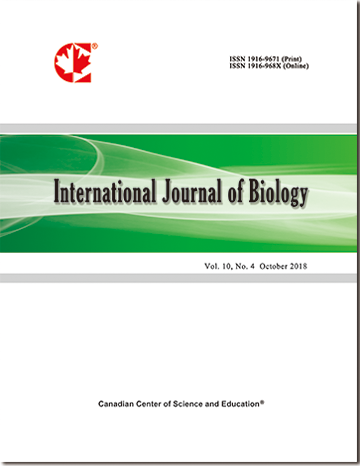Ethological and Physiological Harmful Effects of Metformin, An Antidiabetic Used to Treat Type 2-Diabetes: A Study on Ants as Biological Models
- Marie-Claire Cammaerts
- David Cammaerts
Abstract
Metformin is a drug mainly used for caring of persons suffering from type 2-diabetes. Over time, it was found to be efficient for treating others illness. Its use increasing, it is nowadays the second active pharmaceutical ingredient more present pollutant in natural water. It could therefore affect the biology of the aquatic fauna through harmful physiological effects. Using ants as biological models, we studied the potential physiological and ethological adverse effects of Metformin. We found that it largely reduced or impacted these insects’ food intake, activity, audacity, social relationships, state of stress, cognition, and learning abilities. No adaptation and no habituation to the effects of Metformin were observed, and ants developed some dependence on its consumption. After weaning, the effect of Metformin became significantly lower than its initial one as soon as after four hours and fully vanished in a total of 13 hours. Metformin could thus harmfully impact the freshwater fauna rich in insect species, especially if chronic exposures occur. As regards patients treated with Metformin, our study suggests that they may suffer from side effects not mentioned in the drug notice. For instance, they may develop dependence and increase their daily dose, accentuating so the drug side effects, e.g., they may suffer from anorexia. Practitioners should know the side effects of Metformin and monitor patients as for their occurrence.
 PDF
PDF
